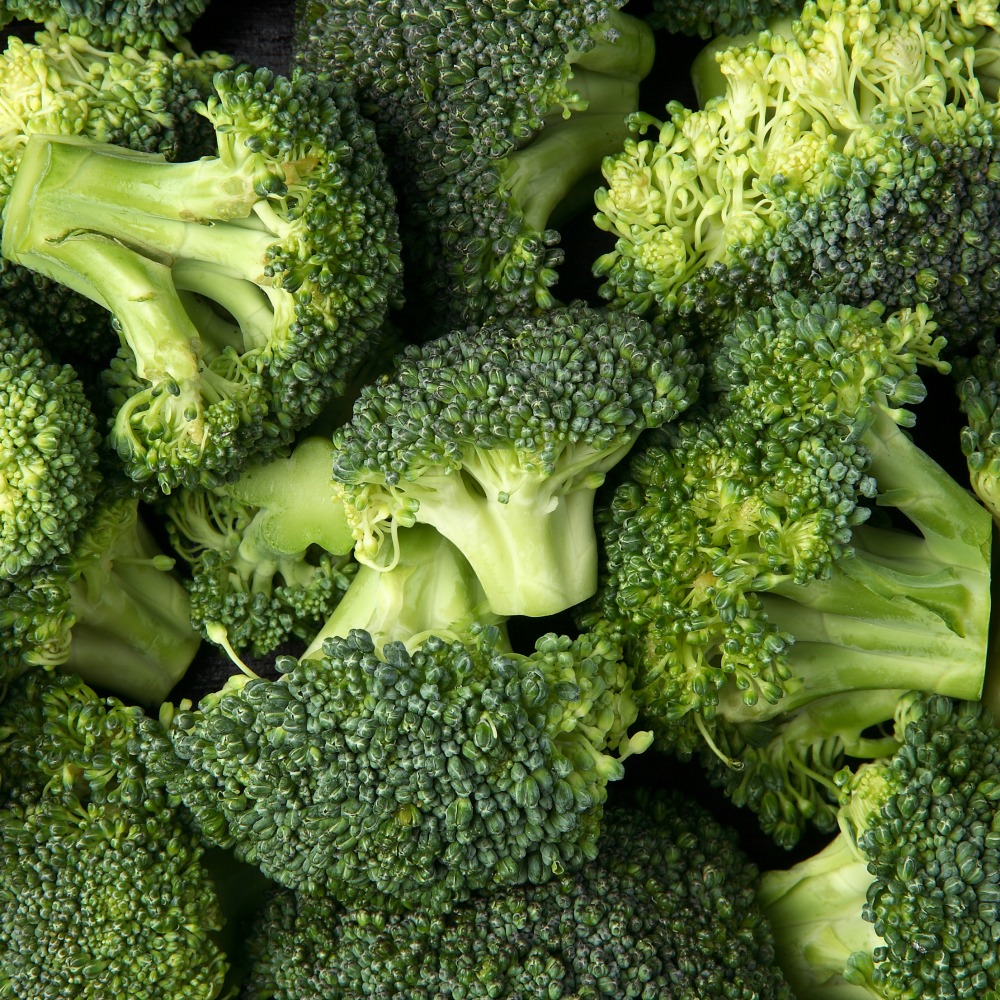Scientists believed the science was settled on the issue of brain regeneration not being possible, today scientists are uncovering multiple methods of brain regeneration and one of those pathways involves cruciferous vegetables.
Neurogenesis was first observed during the 1960s by Joseph Altman, now scientists around the world are documenting regenerative properties of many phyto-substances including the isoflavone Puerarin found in plants such as the kudzu which accelerates peripheral nerve regeneration; and withanolide A extracted from Ashwagandha root that helps to reconstruct synapses. The million dollar question here is if these substances can encourage and/or stimulate brain regenerative processes why are they not being used as mainstream treatments in cases such as autism, dementia, and Parkinson’s disease, among others in which nerve tissue repair could lead to improvements in cognitive functions?
Cruciferous vegetables may hold the key to brain regeneration because compounds within them are very bioavailable, this compound is called sulforaphane which can be found in its greatest concentration within broccoli; the sulfur containing biomolecule is found to to most abundant in young shoots of broccoli sprouts, which can easily be grown on a kitchen counter at home or mass produced within nursing homes and/or hospitals. This compound is a very versatile healing molecule that is effective at treating 200 different conditions.
Sulforaphane has been shown to be capable of stimulating cell proliferation and increasing neurosphere formation even at low concentrations, upregulating Wnt signaling in neural stem cells and stimulating neural stem cells differentiation to neurons in this new study. Sulforaphane also exhibits anti-inflammatory properties that counter oxidative stress from neurodegenerative disease by suppressing interleukin- 1b; and increasing brain antioxidant mechanisms by upregulating nuclear factor erythroid 2-related factor 2.
Researchers were shocked by the high bioavailability of sulforaphane, particularly when it was administered as an oral supplement. Cruciferous vegetables such as cauliflower, cabbage, bok choy, garden cress, Brussel sprouts, and broccoli are recommended to be fed to the elderly populations in nursing homes and hospitals, to help repair aged and damaged nerve tissues more quickly leading to better quality of life. Many seniors suffer from neurodegenerative diseases on some level, sulforaphane may help to speed up nerve system regeneration and change their lives for the better.




